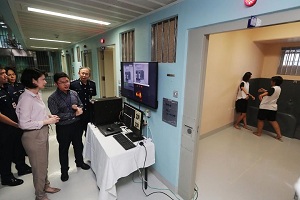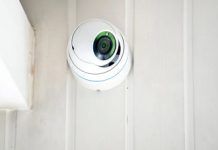The Singapore Prison Service (SPS) is exploring the use of video analytics, including facial recognition and sentiment analysis, to improve the management of inmates at the Changi Prison Complex. The system can detect signs of inmate depression or abnormal behavior, such as after an emotional visit with family members, and signal officers to intervene to support the inmate, according to the report.
“With more data coming in through sensors, through biometrics, through closed-circuit television, we can fuse the data and analyse it, and assist our officers through a better ground situation awareness of what’s going on,” said Deputy Superintendent of Prisons.
The system learns inmate behavior to detect departures from normal activities, which can help officers preempt incidents, and also provides more accurate information about who inmates communicate with. The system can also identify inmates entering an area they are not authorized to be in.
So far, Changi Prison has conducted trials of the facial recognition technology to evaluate its potential to replace manual muster checks. It is also testing a behavior detection system called Avatar, which detects abnormal activities such as fights between inmates, and alerts staff. Avatar has reportedly detected actual fights, as well as false positives, which have been fed into the system to improve its training. The Singapore Police Force recently deployed biometric hardware and software from BIO-key for secure access to critical information, and the government is also working on a “Smart Nation” plan that includes a network of facial recognition-equipped cameras on thousands of lampposts








